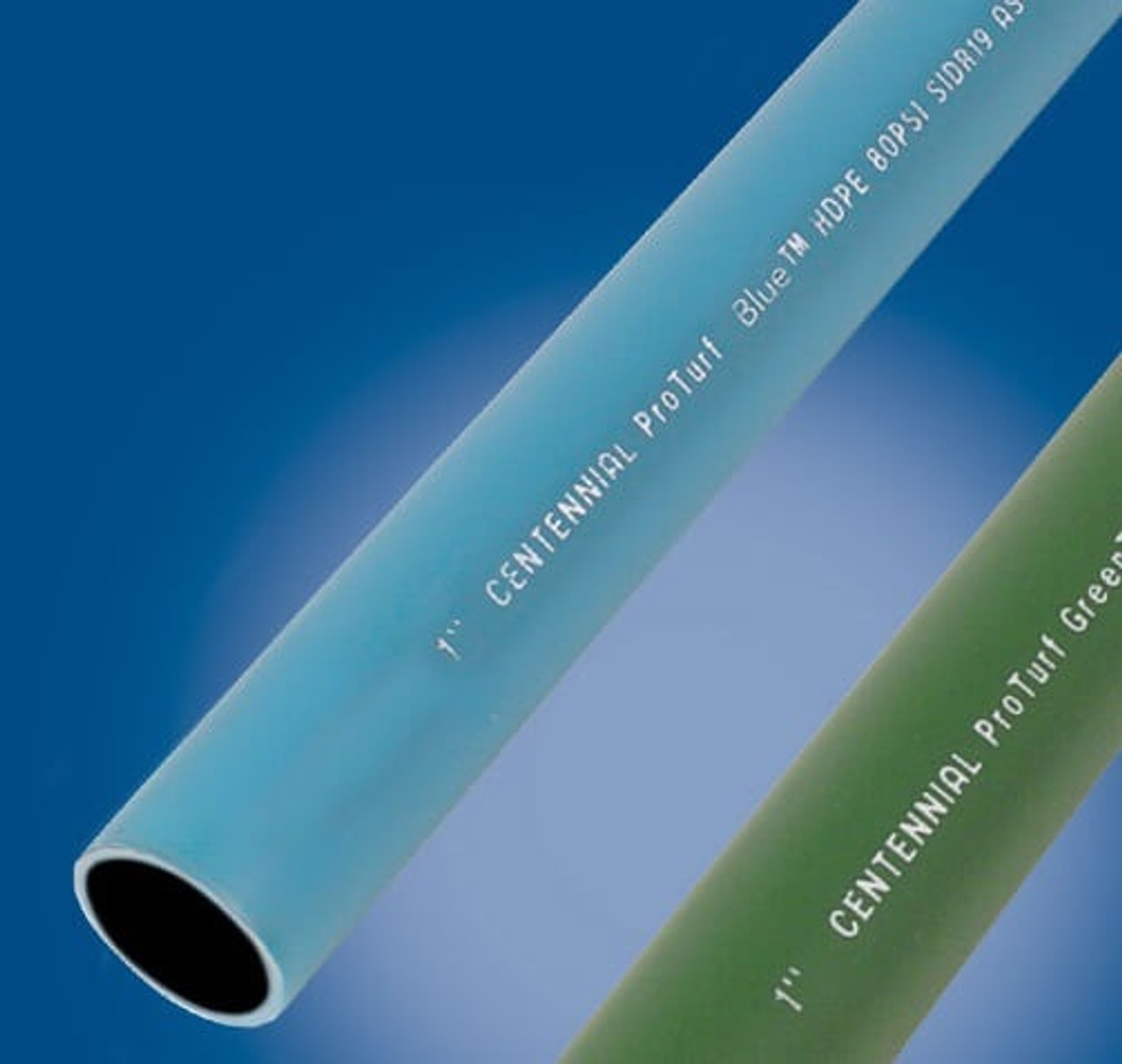Comprehending the Secret Advantages of HDPE Pipe for Water and Wastewater Monitoring
The usage of HDPE pipe in water and wastewater monitoring provides various benefits that warrant consideration. Its extraordinary sturdiness and long life-span make it a favored choice for several jobs. In addition, the product's resistance to corrosion and chemical damages enhances its integrity in different settings. Nevertheless, the benefits expand beyond simply longevity and resistance. Exploring its cost-effectiveness and ecological impact exposes a lot more engaging reasons for its extensive fostering in modern framework
Extraordinary Toughness and Longevity

HDPE pipeline stands out for its phenomenal resilience and durability, making it a favored selection in water management systems. Built from high-density polyethylene, these pipelines can hold up against significant pressure and anxiety, ensuring dependable performance gradually. Their durable nature enables them to sustain severe ecological problems, consisting of temperature level changes and dirt movements, which can cause other products to stop working.
The life-span of HDPE pipelines usually goes beyond 50 years, supplying a cost-effective solution for towns and markets alike. In addition, the product's light-weight residential properties streamline installment, minimizing labor expenses and durations. This sturdiness reduces the demand for frequent repair services or substitutes, additionally enhancing its economic charm.
In water management applications, the integrity of HDPE pipes suggests fewer disruptions and improved service connection, making them essential to lasting infrastructure advancement. The combination of durability and long life solidifies HDPE's duty as a foundation in reliable water management remedies.

Resistance to Corrosion and Chemical Damages
While many materials catch corrosion and chemical damage gradually, HDPE pipelines exhibit exceptional resistance, making them excellent for various water administration applications. This strength stems from the molecular structure of high-density polyethylene, which is inherently non-reactive and does not rust like steels or weaken from exposure to severe chemicals. As an outcome, HDPE is very reliable in environments with aggressive compounds, such as wastewater systems that may consist of acids, bases, and natural solvents.
In addition, HDPE pipelines can withstand environmental elements such as soil acidity and saline conditions, even more improving their viability for varied applications (American Plastics HDPE Pipe for Oilfield). Their capacity to keep architectural honesty in time reduces the danger of leakages and failures, which is vital in ensuring the safety and security and integrity of water circulation and wastewater administration systems. Consequently, the resistance to deterioration and chemical damages noticeably adds to the overall effectiveness and long life of HDPE piping options
Cost-Effectiveness and Financial Benefits
When considering the economic ramifications of water monitoring systems, the cost-effectiveness of HDPE pipelines ends up being evident. These pipelines offer reduced setup and maintenance expenses compared to typical materials like steel or concrete. Their lightweight nature streamlines transportation and installment, causing decreased labor expenses. In addition, HDPE pipelines exhibit a lengthy life expectancy, frequently going beyond half a century, which equates to less substitutes and long-term savings.
Moreover, the resistance of HDPE to rust and chemical damages reduces the need for pricey repair services and replacements. The pipes likewise sustain efficient water flow, minimizing power prices connected with pumping systems. By alleviating leakages and water loss, HDPE pipelines add to significant economic benefits for towns and markets alike. On the whole, the first investment in HDPE piping can yield substantial monetary returns over the life expectancy of the water management system, making it a prudent option for sustainable facilities advancement.
Environmental Sustainability and Minimized Effect
_-_Post_di_Facebook_-_Dimensioni_personalizzate_(1)_60cafdf20856f.png)
Versatility and Flexibility in Setup
Due to their one-of-a-kind residential or commercial properties, HDPE pipes supply exceptional adaptability and flexibility in installment, making them suitable for a vast variety of applications. Their light-weight nature enables less complicated handling and transportation, lowering labor expenses and installment time. HDPE pipes can be bent and formed to fit various surfaces and task demands, which is specifically useful in testing atmospheres.
In addition, their resistance to corrosion and chemical damages enables installation in diverse settings without the need for specialized protective coatings. The capability to fuse joints develops a continuous, leak-free system, boosting the general integrity and integrity of the setup. HDPE's adaptability additionally accommodates ground movement, minimizing the threat of damages in areas susceptible to moving dirt. Overall, these qualities make HDPE pipelines not just functional yet also a preferred choice for water and wastewater administration systems.
Often Asked Inquiries
How Does HDPE Pipe Compare to PVC in Water Monitoring Applications?
HDPE pipeline provides remarkable adaptability, resistance to corrosion, and longevity compared to PVC. Its lighter weight assists in much easier installment, while its lengthy lifespan lowers replacement expenses, making HDPE a preferred selection in water management applications.
What Is the Lifespan of HDPE Water Lines Under Typical Conditions?
Under normal problems, HDPE pipes can have a life expectancy varying from 50 to 100 years. Their longevity and resistance to rust add to their long-lasting performance in various applications, making them a trustworthy selection for framework.
Are HDPE Water Lines Recyclable After Their Solution Life?
Yes, HDPE pipelines are recyclable after their life span. American Plastics HDPE Pipe Manufacturing. They can be refined and repurposed into brand-new products, greatly lowering ecological check here effect and promoting sustainability within the industry, making them an eco-friendly selection for piping options
What Is the Setup Process for HDPE Water Lines?
The setup procedure for HDPE pipes involves website prep work, trenching, pipe fusion or mechanical signing up with, backfilling, and stress testing. Correct methods guarantee a long lasting and reliable system for transferring water and wastewater effectively.
Can HDPE Pipes Be Used for Both Safe And Clean and Non-Potable Water Solutions?
Yes, HDPE pipelines can be utilized for both potable and non-potable water supply. Their flexibility, sturdiness, and resistance to corrosion make them appropriate for different applications, making certain secure and reliable transport of water in different contexts.